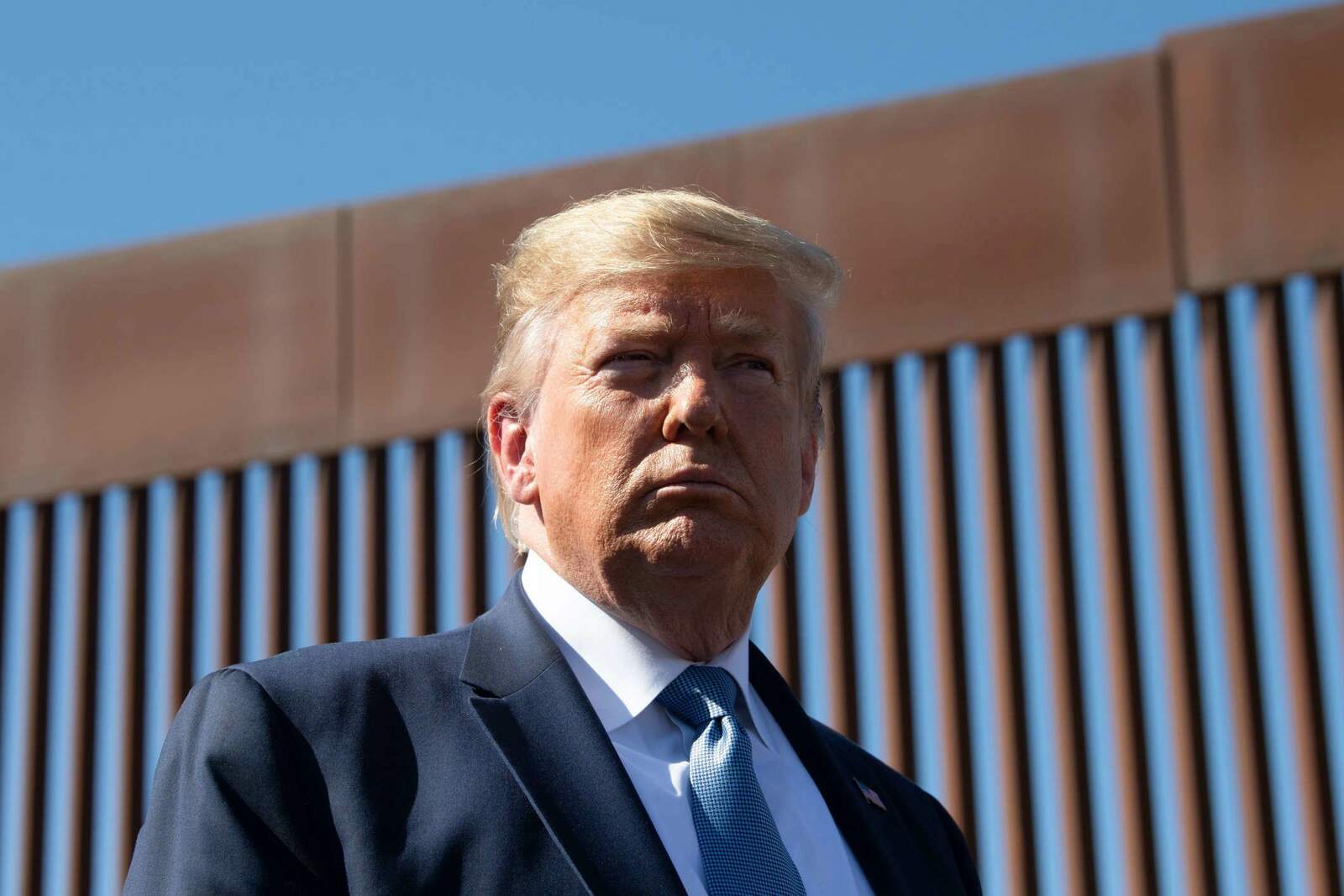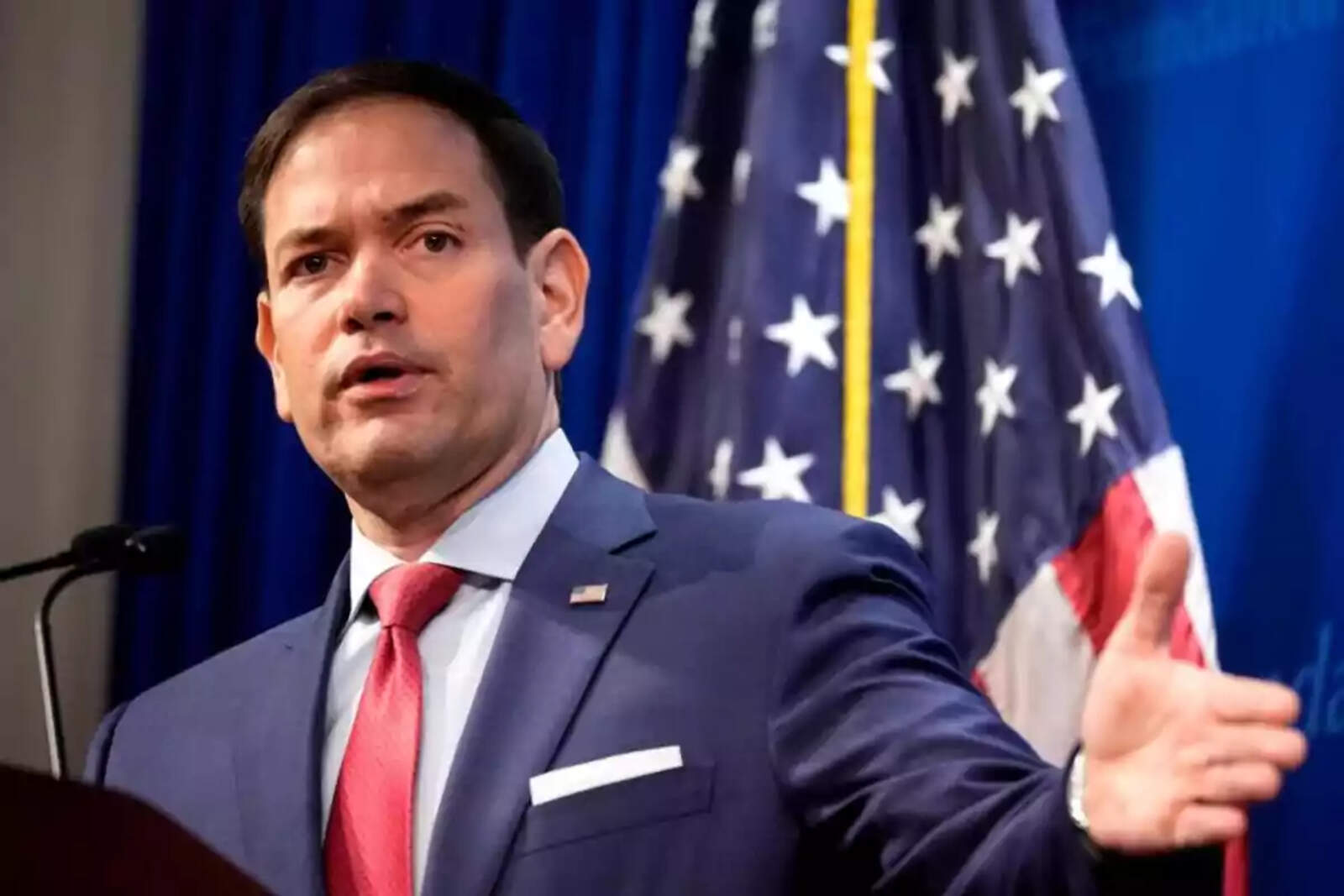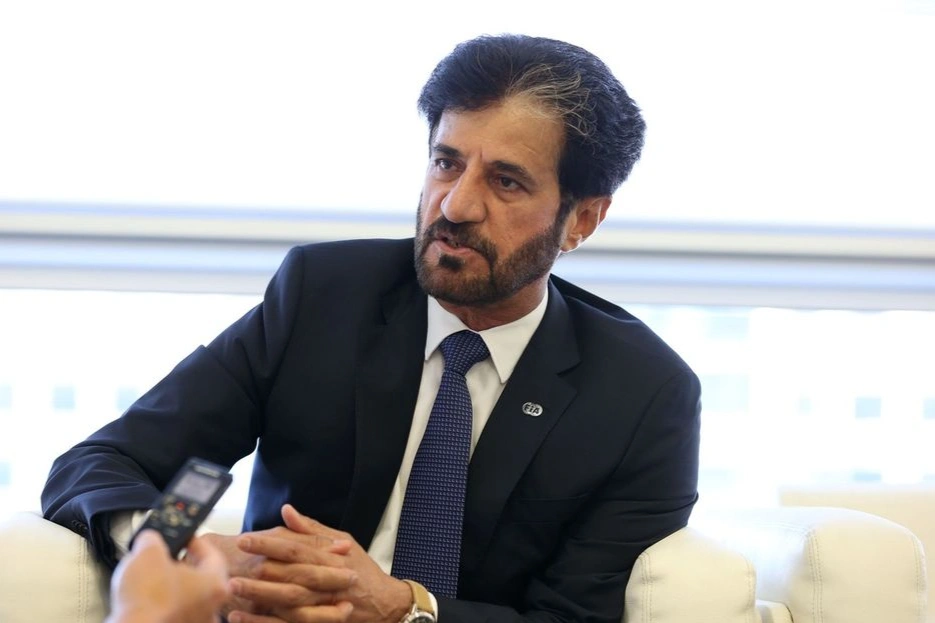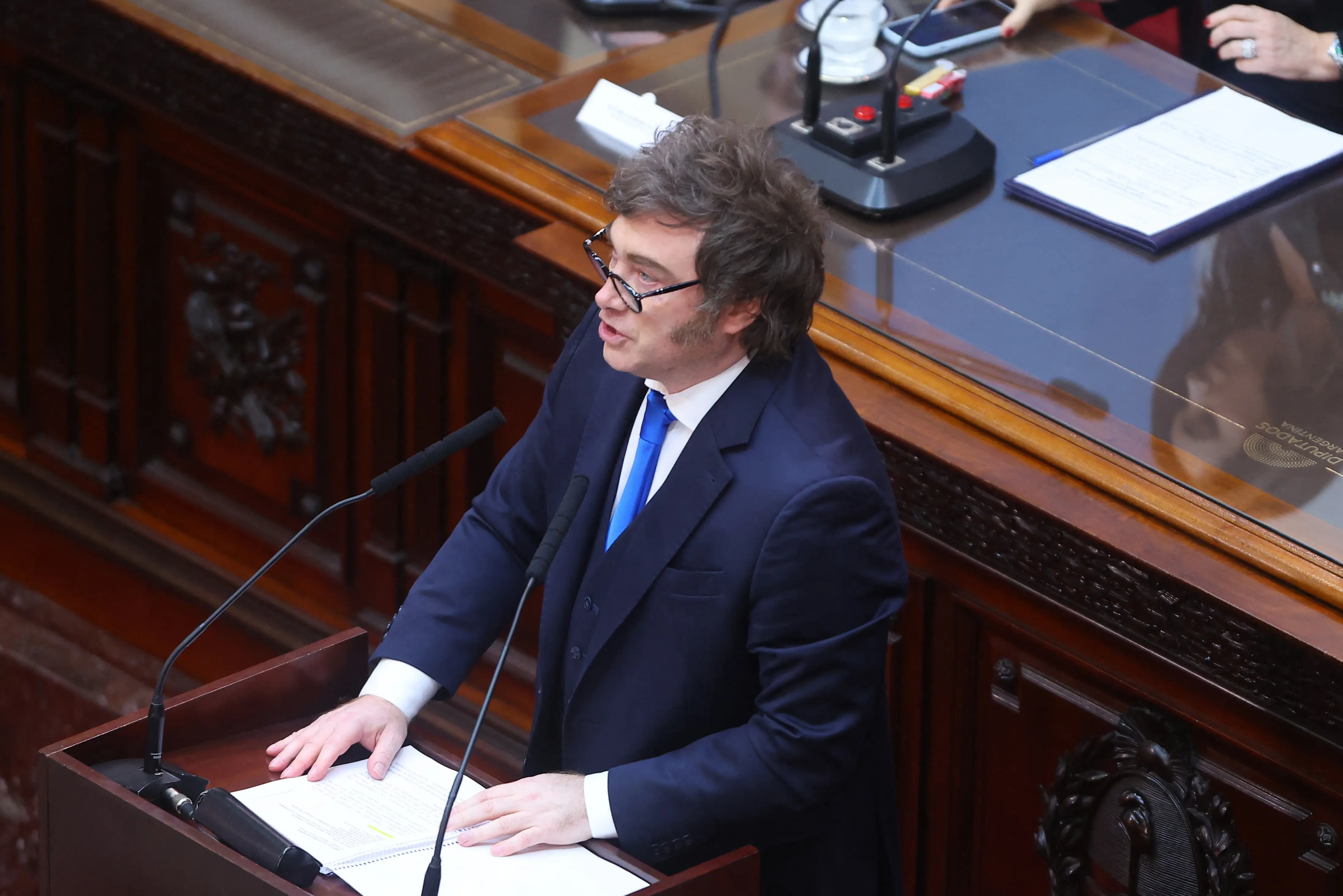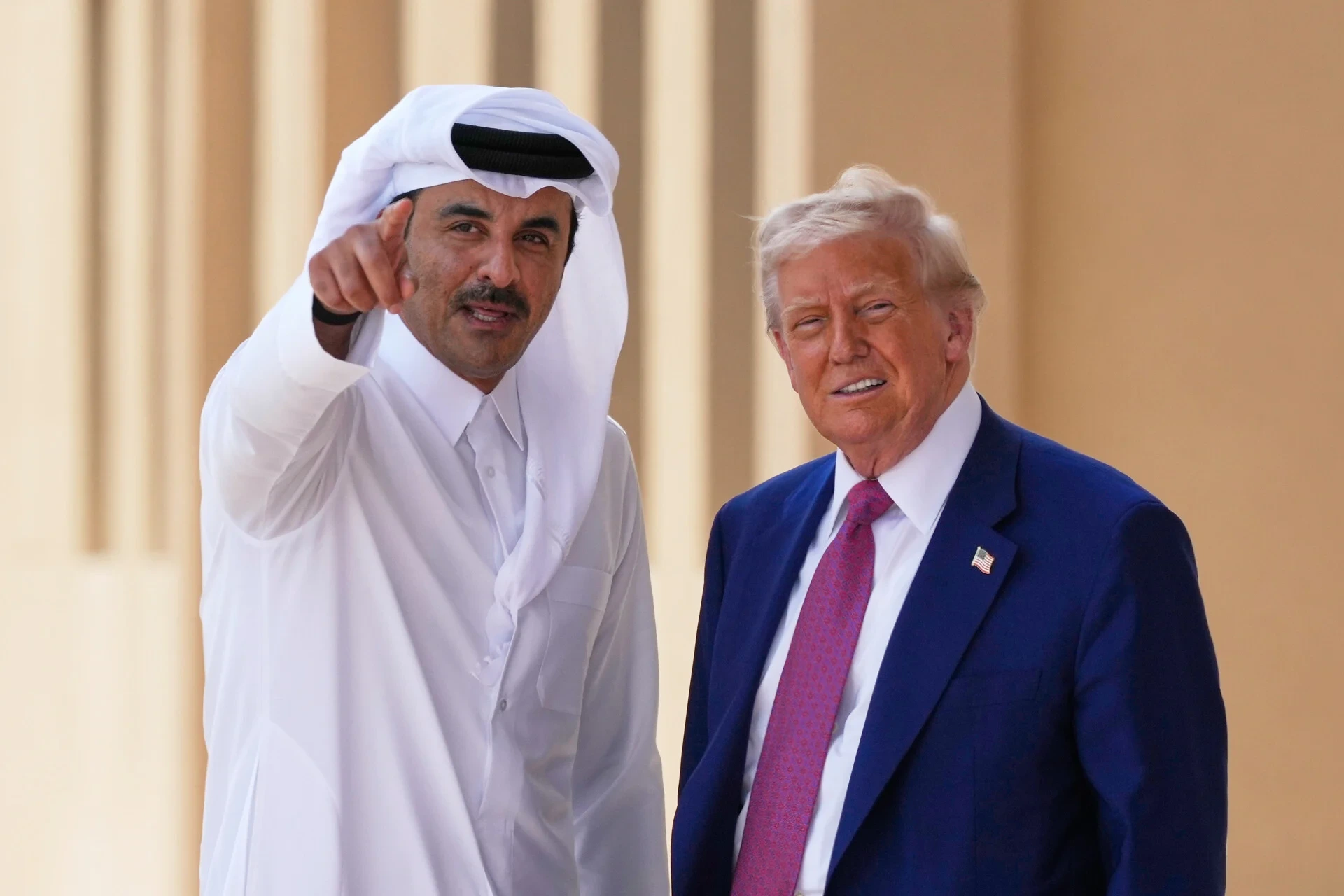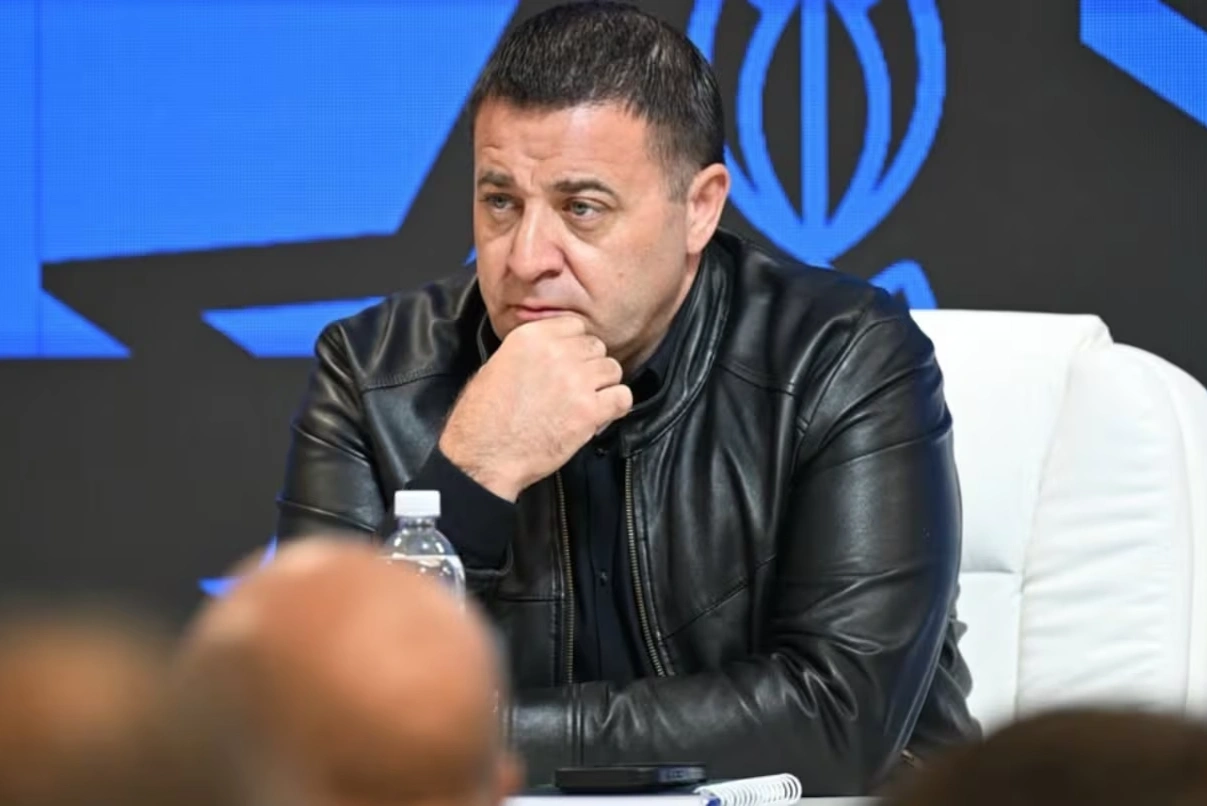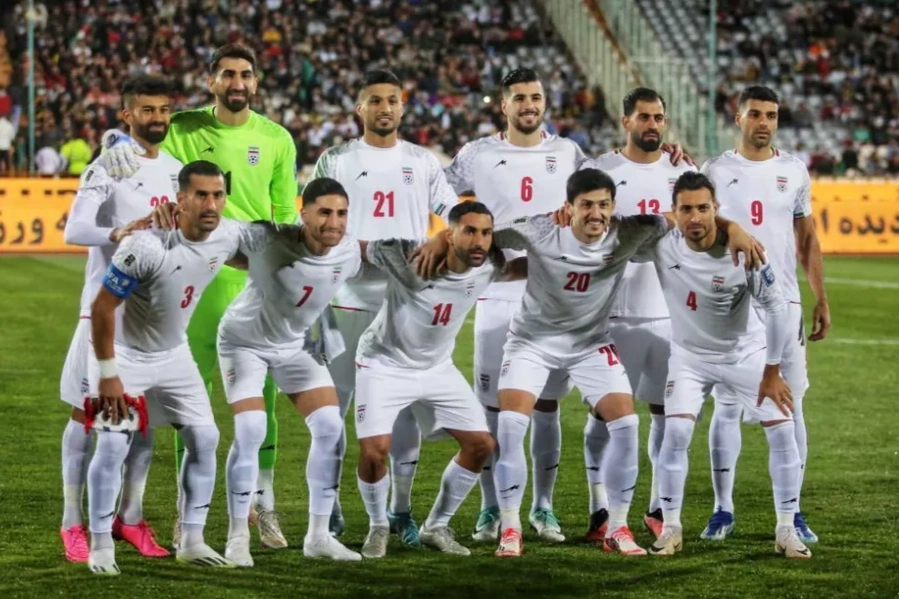The Donald Trump administration formalized a strategic shift in United States policy toward Cuba by signing a new presidential memorandum that reverses the easing measures promoted by former president Joe Biden. The document reinstates the restrictive guidelines applied during Trump's first term, with an approach aimed at pressuring the communist regime and promoting internal democratic reforms.
The new directive prohibits any financial transaction, direct or indirect, with entities controlled by the Revolutionary Armed Forces, particularly with the conglomerate GAESA (Grupo de Administración Empresarial S.A.), considered a central player in the state-controlled economy. Only operations that align with U.S. foreign policy interests or directly benefit the Cuban people are authorized.
Additionally, the legal ban on U.S. tourism to the island is reinstated, thereby eliminating one of the main channels of foreign currency income for the regime. To ensure compliance, the administration has mandated periodic audits and the obligation to retain all records related to travel to Cuba for at least five years.
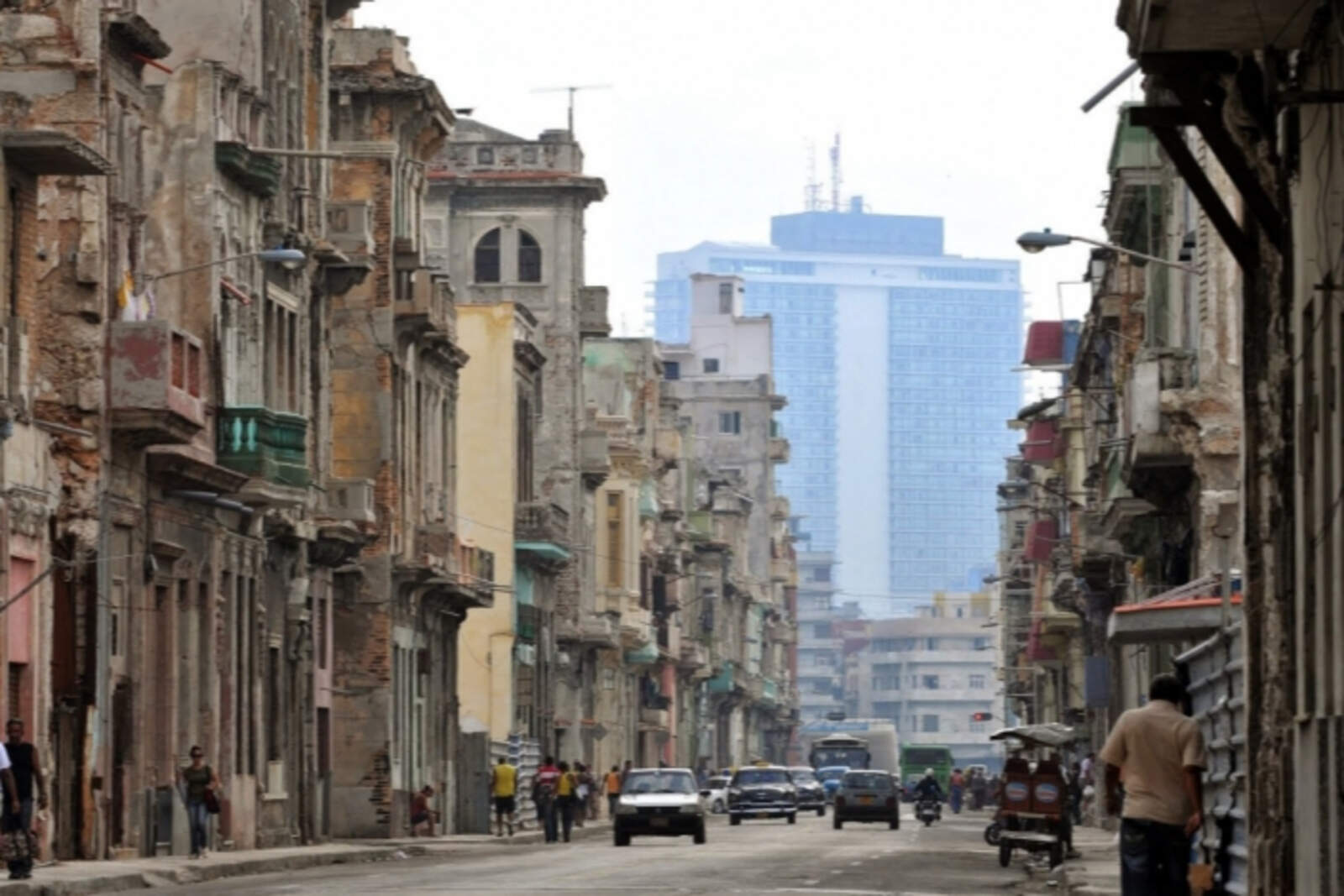
The White House also reaffirmed its support for the economic embargo in place since 1962, rejecting any international attempt to promote its lifting. According to the official statement, Washington will maintain its active opposition to resolutions presented in international forums, such as the United Nations, that seek to ease sanctions.
The memorandum not only resumes the line of justice but also updates the tools to strengthen the independent sectors of Cuban society. Among its provisions, it includes the promotion of internet services, free media, private initiatives, and association rights. The stated objective is to reduce dependence on the state apparatus, provide greater autonomy to citizens, and ensure a stronger foundation for a future democratic transition.
"The people of Cuba have suffered for too long under a communist regime that represses their legitimate aspirations for freedom and prosperity", declared the White House.

